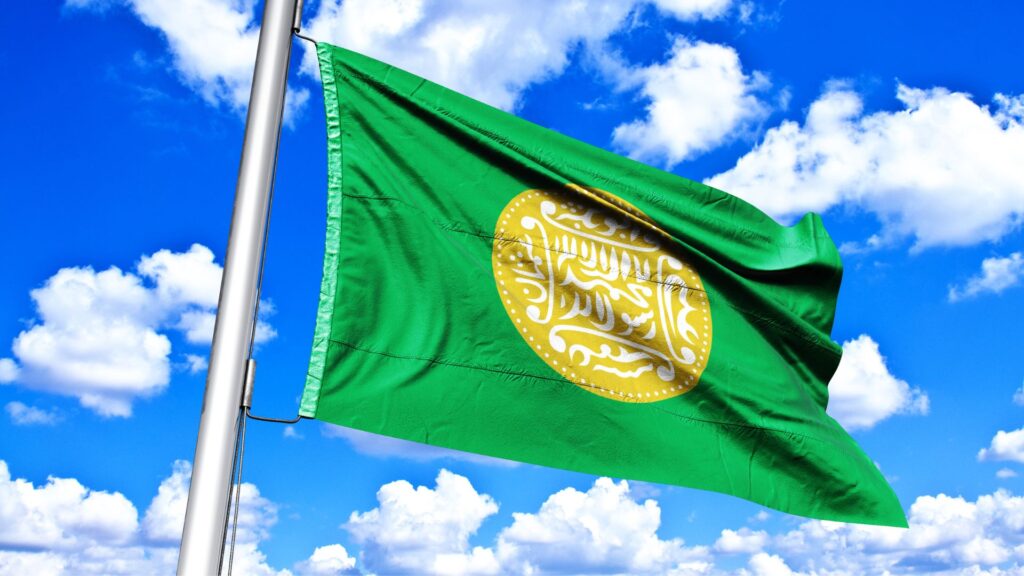Amnesty International released a report detailing Facebook’s responsibility for the Rohingya genocide. According to her, the social network would have fueled hatred against the Muslim minority, and must now answer for its actions.
” In the months and years leading up to the 2017 atrocities, Facebook became a sounding board for violent anti-Rohingya content. Facebook has been accused since 2017 of aggravating violence against the Rohingya, Myanmar’s Muslim minority, and fueling the attacks – the platform is currently on trial for this reason.
Its influence is proven by a long study conducted by Amnesty International, published on September 29, 2022. And its conclusions are chilling: “ Meta has contributed significantly to the persecution and suffering of the Rohingya, and must provide redress to survivors », Estimates the NGO in its report.
Facebook ‘made possible’ the violence
” The role of the social network has been significant in the atrocities that took place, the report reads. ” Meta was not just a passive platform that provided an inadequate response to a crisis. Meta’s algorithm actively amplified and promoted content promoting violence, hatred and discrimination against Rohingya. »
According to the report, in the months before the violence began, Myanmar’s military and Buddhist nationalist groups systematically flooded Facebook with posts inciting violence against the Rohingya, the report said. They would also have spread fake news that would have made it seem that the Muslim minority wanted to take power.
The conclusions of the report are all the more damning since Facebook had been warned, before the start of the violence, that the lack of moderation on the social network represented a risk. Between 2012 and 2017, several activists even went to Meta’s offices in Menlo Park to warn the platform that it could contribute to genocide if nothing was done. ” Despite these efforts, Meta did not heed the warnings “, regrets the report.
” Our analysis leaves little doubt “, concludes the report, “ Meta’s algorithm and its irresponsible practices facilitated and enabled discrimination and violence against Rohingyas. »

The risk of these events happening again
The genocide against the Rohingya, which began in August 2017, claimed several thousand victims, according to the work of Amesty. Murders, acts of torture, violence against children and numerous cases of rape have been reported. The attacks were perpetrated by Myanmar’s military, prompting nearly 700,000 Rohingya to flee the country and take refuge in neighboring Bangladesh, where many still live in refugee camps. In 2022, these persecutions would still take place, estimates Human Rights Watch.
In addition to its conclusions, very harsh on Facebook, Amnesty ended its report with a warning: the social networks of Meta could, again, allow ” serious human rights violations. »
” In Ethiopia, India and other regions affected by ethnic conflict and violence, Meta poses a real danger. “, judges the report. ” Major reforms must be taken urgently, to ensure that Meta’s history with the Rohingyas is not repeated. »
